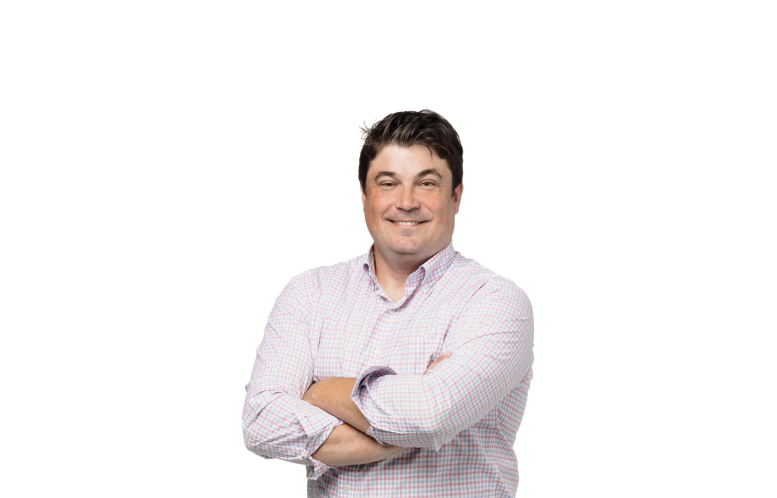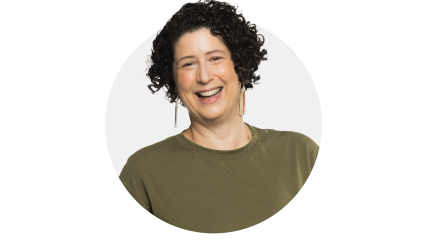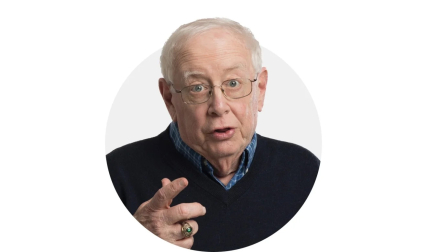How did you become interested in entrepreneurship?
I was always building, coming up with new ideas, trying to “sell” them.
Why does entrepreneurial guidance matter?
The spirit and the philosophical stance behind the Magnuson Center is all around entrepreneurial thinking: equipping students, faculty, staff, alumni with tools to think entrepreneurial. It’s not necessarily to build the next Facebook. We believe teaching these skills—to think outside the box, do more with less, bring diverse teams together, articulate a vision in the form of a pitch—serves those stakeholders in multiple ways.
What’s more challenging—coming up with an idea or successfully propelling it into existence?
The execution. Probably everybody in the room has an idea. The challenge is how do you start moving that forward and gain traction? How we look to support these individuals to grow in their entrepreneurial thinking is to help them feel wired for “yes”—to have the ability to overcome objections and get individuals to say yes. How do you make convincing arguments? How do you pitch? How do you get someone to join your team, how do you get that alum to be a mentor, advisor, or investor—to say yes? I think that is very much an art.
What’s the most exciting project that’s come out of the Magnuson Center recently?
Ayan Agarwal ’21 of Blabl (a speech-impediment therapy app) is a great example. It’s an effort to build a technology startup and serve a population that’s struggling.
Has there been a project that you didn’t think would work, but did?
I don’t make a determination about whether an idea is going to work or not. I think all ideas can work.
What’s the craziest pitch you’ve ever heard?
One of our finalists was a company that was reimagining the porta-potty marketplace and industry. They were building the Tesla of portable toilets. That’s what’s so compelling about entrepreneurship—the different experiences and backgrounds that can lead to insights that the rest of us aren’t thinking about.




